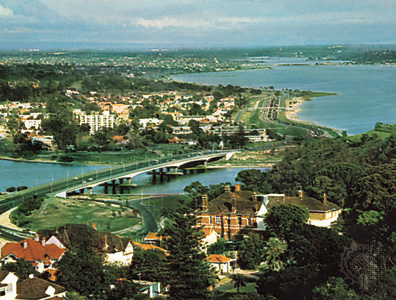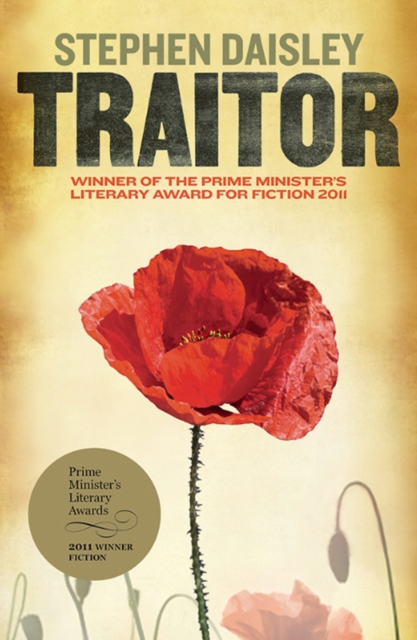Noel Jeffs SSF, Walking in Stealth: after Pushkin,
Penrith NSW, Moshpit Publishing 2022
37 pages, paperback
$25 online
Reviewed by Ted Witham tssf
My first pass at reading Brother Noel Jeff’s second book of poetry, Walking in Stealth, left me bewildered. I could see the beautiful edifice of the poems, but I felt I was on the outside walking around looking for a way in. These are complex and mysterious poems. Many are in sonnet-like forms, with rhymes that surprise and an attention to musicality, both in the sounds of words and the overall effect of the poems. They are best appreciated read aloud.
Writing in the New Yorker about the 19th Century symbolist French poet Stéphane Mallarmé, Alex Ross said, ‘After only a few lines of Mallarmé, you are engulfed in fine mist, and terror sets in.’ I had a similar sense of being put off balance by Noel Jeff’s 18 poems.
These poems ‘were [Noel’s] morning meditations as the sun rose over [his] right shoulder and dawned the day…’ The way into the poems, I am finding, is to stand in imagination next to the poet and look at the dawn with him. The different elements of the morning – the sky, especially, and ‘the grace of birds’, ‘the creating moon’ don’t exactly come into focus, but they float around in the beauty of the words creating an abstract painting.
As these images come into view, the concerns of the poet bubble to the surface of the words: awe before the opening sky, contrasts between the simple beauty of a ‘limpid lake’ and ‘spokes of noise’ (22), the constraints of the human body, the paradox of the beauty and the destructive power of the sun. (31) Physical desire is ‘Crotches burning’ which ‘spin this top in a world’ (30). There are no final answers, just abstract shapes, beautiful Rorschach blots. It’s probably no coincidence that Brother Noel trained as a psychotherapist.
A reader could hunt through these poems simply for arresting images: ‘my own ram’s horn to make a shawm’ (18) takes me straight to Psalms and the Jewish shofar. ‘try perfume lathering’ (13) mixes delight into the two senses of smell and touch.
I found hints of the Franciscan Dun Scotus’s theology of the ‘Word’. Each creature, Scotus taught, is a little ‘Word’ opening itself to the viewer and telling its story of the Creator. Each word in the poems likewise opens into a celebration of the Creator. Noel Jeff’s vocation as an Anglican Franciscan friar is at home in this Creation Theology.
Ultimately, however, Brother Noel’s delight is in words, their beauty and how the meaning of words shape-shifts.
It was said of Mallarmé that the challenge was not to translate his French poetry into English; what was needed was a translation into French! You could say the same for these poems; they would be impossible to translate into English! And yet, they deserve time, opening yourself as readers to the play of meaning, the gambol of musical words, and finding an ineffable effect on you, drawing you back into the words.
I know too little about Pushkin to understand the link with Pushkin, but Noel Jeff’s poems can be enjoyed without knowing the connections. The reader simply needs time to find a way in. They are beautiful on the inside as on the out.




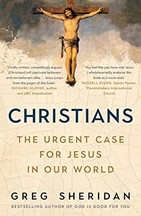
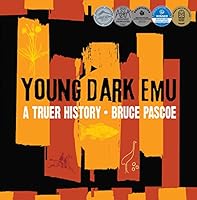


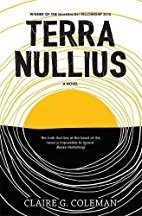 Claire G. Coleman, Terra Nullius, Hachette Australia 2017
Claire G. Coleman, Terra Nullius, Hachette Australia 2017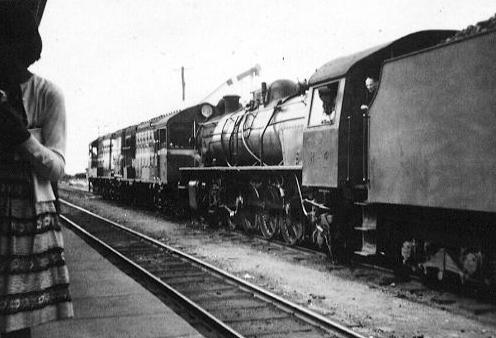
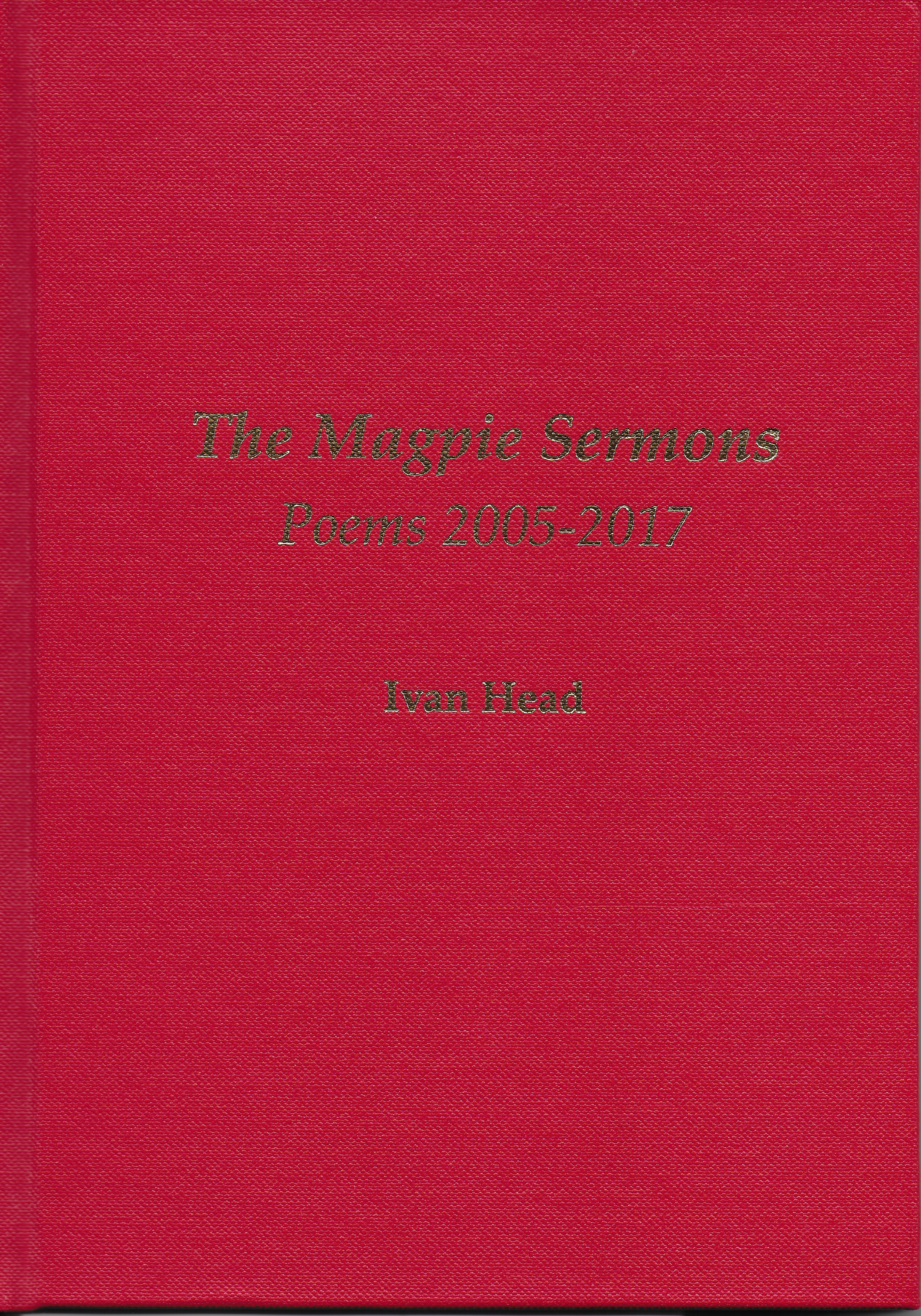 Ivan Head, The Magpie Sermons: Poems 2005-2017, Sydney: St Paul’s College 2017.
Ivan Head, The Magpie Sermons: Poems 2005-2017, Sydney: St Paul’s College 2017. 